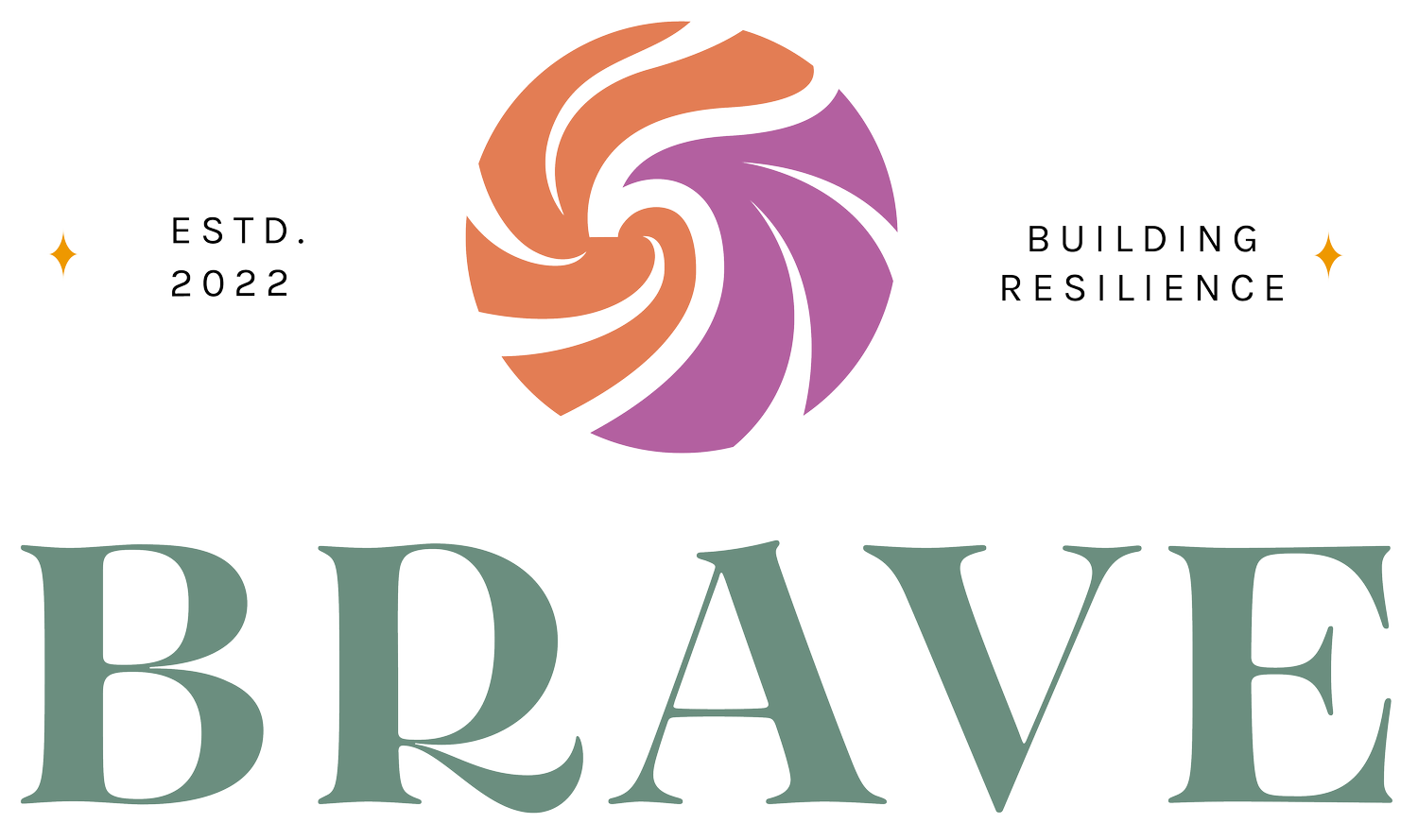What Trauma Teams Need to Thrive—And What Holds Them Back
I’ve seen what happens when trauma teams don’t have the support they need to do the work they love—the work they signed up for.
There’s tension in meetings, exhaustion turns into resentment, and no one feels like they can ask for help without being judged. The work itself doesn’t break people—the silence does.
But I’ve also seen what happens when teams do have support—when they know they aren’t carrying the weight alone and the difference is palpable.
I can feel it the moment I walk into a room, my own nervous system responds to the energy. There’s a sense of ease, a willingness to problem-solve together, and a foundation of trust that makes even the hardest days doable.
That’s the kind of team culture that keeps trauma therapists in the field.
Over the years, I’ve worked with trauma teams in private practices, nonprofits, and hospital systems. And while every team is unique, the challenges are almost always the same.
Here’s what I know: Psychological safety, trust, and resilience aren’t “nice to have”—they’re essential. Without them, burnout takes over, and people either shut down or walk away.
Whether you work in an agency or in private practice, if you’re collaborating with others in any capacity, these lessons apply to you. Let’s talk about what helps trauma teams thrive—and what holds them back.
Teams That Last Have Psychological Safety
One of the biggest red flags in struggling teams? No one feels safe enough to be honest.
People don’t ask for help because they don’t want to seem weak. They don’t bring up problems because they don’t want to rock the boat. Instead, they just keep going—until they’re either too exhausted to function or too frustrated to stay.
And I get it. As trauma therapists, we spend so much time holding space for others that it can feel like we have to keep it all together ourselves. But the strongest teams don’t expect that of each other.
I once worked with a team where conflict was never addressed directly. The tension was obvious, but no one named it. What happened?
It built. And build. AND BUILT.
Small frustrations turned into resentment, the meeting after the meeting became the norm, and eventually, people started leaving. Not because they didn’t love the work—but because they couldn’t keep operating in silence.
What helps teams build psychological safety?
Normalize open discussions—in supervision, consultation, or casual check-ins.
Leaders set the tone. If leadership models honesty, vulnerability, and accountability, it changes everything.
Use a simple structure for feedback: What’s working? What’s not? What do we need? Clarity fosters safety.
Debriefing Is Non-Negotiable
So often, trauma teams treat debriefing as optional—something that happens if there’s time.
But when there isn’t time (which there never is…)? The emotional weight builds. And over time, it impacts communication, morale, and even client care.
I worked with a team that realized this before burnout took hold. In the past, their culture was all about "pushing through." But leadership recognized this was putting their top notch team on the brink of burnout so they made just one shift - debriefing became non-negotiable.
Here’s what changed (over time of course):
They developed a structured system where any therapist could request a debrief—and trust it would happen.
They built short, standing debriefs into their schedule, so it didn’t feel like an extra task but a normal part of the workday.
Over time, people got more comfortable talking through the hard stuff instead of stuffing it down.
Play Is a Team’s Secret Weapon
When you’re overwhelmed, play can feel like the last thing you have time for. But skipping it? That leads to disconnection.
One team I worked with started ending their Friday meetings with a three-minute stretch to a favorite 90s song (each week a different team member got to pick the song). That’s it.
Guess what? It completely changed the team culture.
People started looking forward to meetings instead of dreading them. That tiny ritual reconnected them to each other—and to why they loved this work.
Want to bring play into your team culture?
Keep it small and intentional. A meme of the week, a quick dance break, or a lighthearted check-in can go a long way.
Ask your team what feels fun to them. This isn’t about toxic positivity—it’s about connection.
Remember: play isn’t a distraction. It’s what makes the work sustainable.
Leaders Set the Emotional Tone
I’ve worked with teams that had incredible therapists—but toxic leadership. And I’ve worked with teams where leadership actively fostered resilience. The difference is huge.
One team I supported had a leader who modeled emotional regulation. Instead of reacting impulsively, they paused, grounded, and responded with clarity.
Over time, the whole team started mirroring that. Not because they were told to—but because they saw it in action.
Teams That Thrive Are Intentional About Support
The strongest trauma teams aren’t the ones that avoid challenges—they’re the ones that navigate them together.
Psychological safety isn’t a luxury—it’s what makes teams sustainable.
Debriefing isn’t an "extra"—it’s essential.
Play isn’t frivolous—it’s fuel.
Leadership sets the tone for everything.
And BRAVE helps teams build this foundation
If you’re ready to strengthen your team—whether that’s your agency, your practice, or your consultation group—BRAVE is here to help.
We don’t just support individual trauma therapists. We work with teams, agencies, and organizations to build psychological safety, debriefing practices, and resilience strategies that actually last.
Want to learn more? Reach out today!






